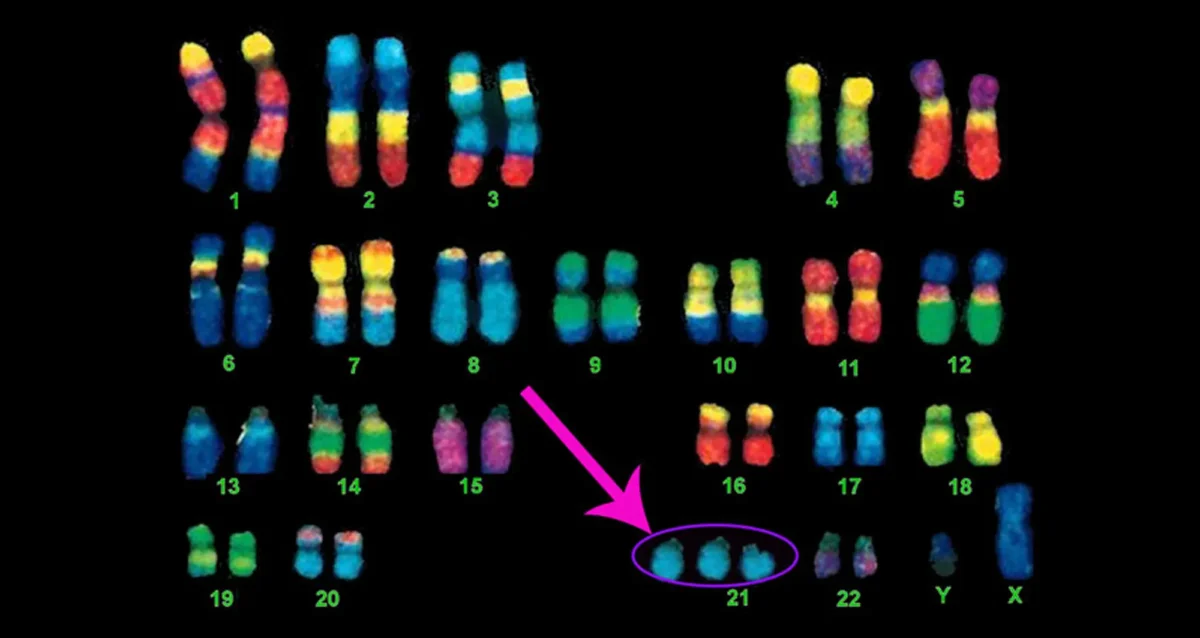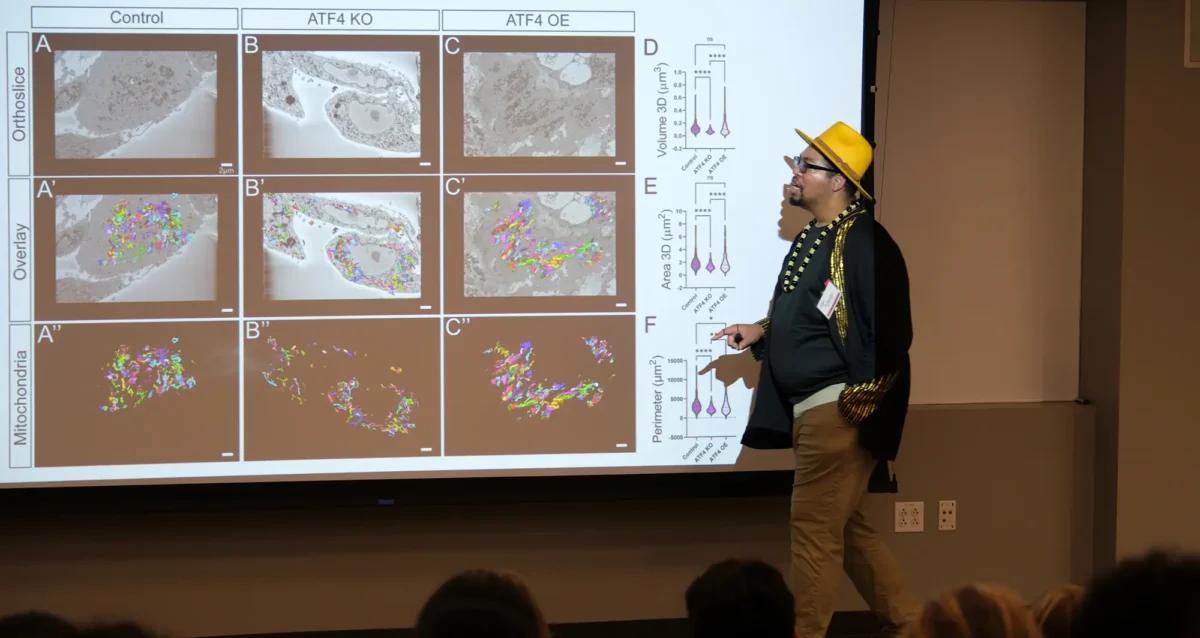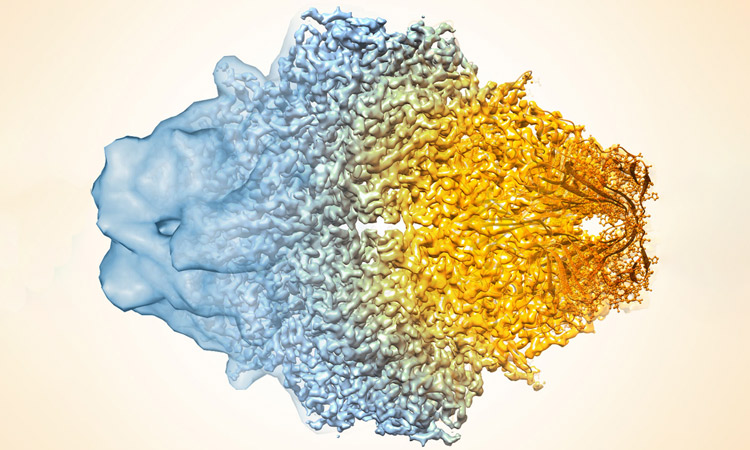Sanjeev S. Ranade studies how transcription factors specifically control the development and function of cardiac cells — and what happens when things go wrong.
Transcription factors (TF) are proteins that initiate and regulate the transcription of genes, essentially turning genes on and off, boosting or repressing their activity. At last count, there were over 1,500 known TFs, but the contribution of most of the TFs to life and health is unknown.
In particular, Ranade focuses on how disrupted cell-to-cell signaling caused by mutations in TFs can cause congenital heart defects or CHDs.
“My research is focused on understanding why young children are born with heart defects. What are the principles and rules that allow our hearts to develop in the first place and why do these rules get broken in some cases? This is really important because nearly 1 in 100 children are born with some form of heart defect and many of these children will suffer from heart disease at much earlier stages in life compared to the general population.”
For his doctorate in molecular biology at Scripps Research in San Diego, Ranade studied ion channels — proteins that span cell membranes, allowing passage of ions or charged molecules from one side of the membrane to the other. The channels serve many critical functions, including transmitting signals involved in cell-cell communications and muscle contraction.
Working as a post-doctoral fellow and staff research scientist in the lab of Deepak Srivastava, M.D. at Gladstone Institutes, Ranade looked at how genetics and cell biology were connected and how disruptions to these connections led to children with heart defects.
Related Disease
Congenital Diseases
Phenomena or Processes
Transcription Factors
Anatomical Systems and Sites
Heart
 Oct 22, 2025
Oct 22, 2025Hunting for the Chromosomal Genes that Break the Heart
Oct 22, 2025Using advanced CRISPR technology, researchers identify a protein that in overabundance is linked to Down syndrome and congenital heart disease.
 Sep 25, 2025
Sep 25, 2025Celebrating research and mentorship during National Postdoc Appreciation Week
Sep 25, 2025The 24th Annual Biomedical Research Symposium brought together postdocs, graduate students, staff scientists, administrators, and faculty for a day that…
 Aug 7, 2025
Aug 7, 2025Summer interns SPARK interest in regenerative medicine
Aug 7, 2025Eleven participants presented posters at event marking the end of six weeks of hands-on biomedical research experience at Sanford Burnham…
 Jan 19, 2024
Jan 19, 2024Sanjeev Ranade wants to get to the heart of congenital disease
Jan 19, 2024New Sanford Burnham Prebys researcher studies the underlying factors that cause in heart defects in 1 in 100 newborns.
 Nov 2, 2023
Nov 2, 2023La Jolla’s Sanford Burnham Prebys adding six scientists in hopes of launching new era of collaboration
Nov 2, 2023The newcomers, brought in with help from a $70 million donation, are versed in different technologies that can be applied…
 Aug 2, 2023
Aug 2, 2023Big Data. Bigger Opportunities.
Aug 2, 2023New and rapidly developing technologies, such as cryo-electron (cryo-EM) and artificial intelligence, are providing the tools to revolutionize biomedical research,…
